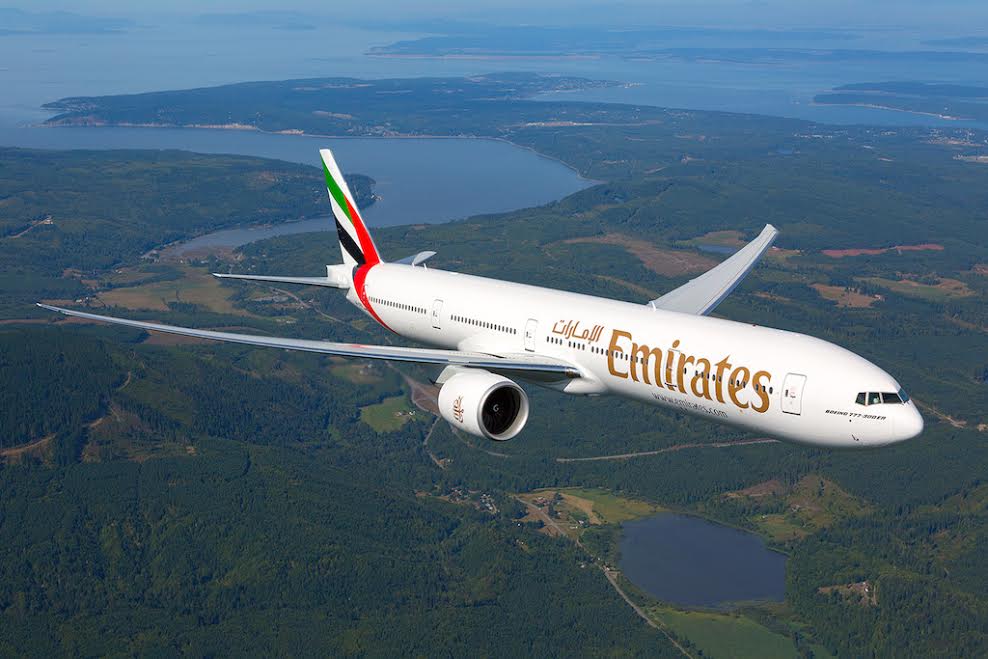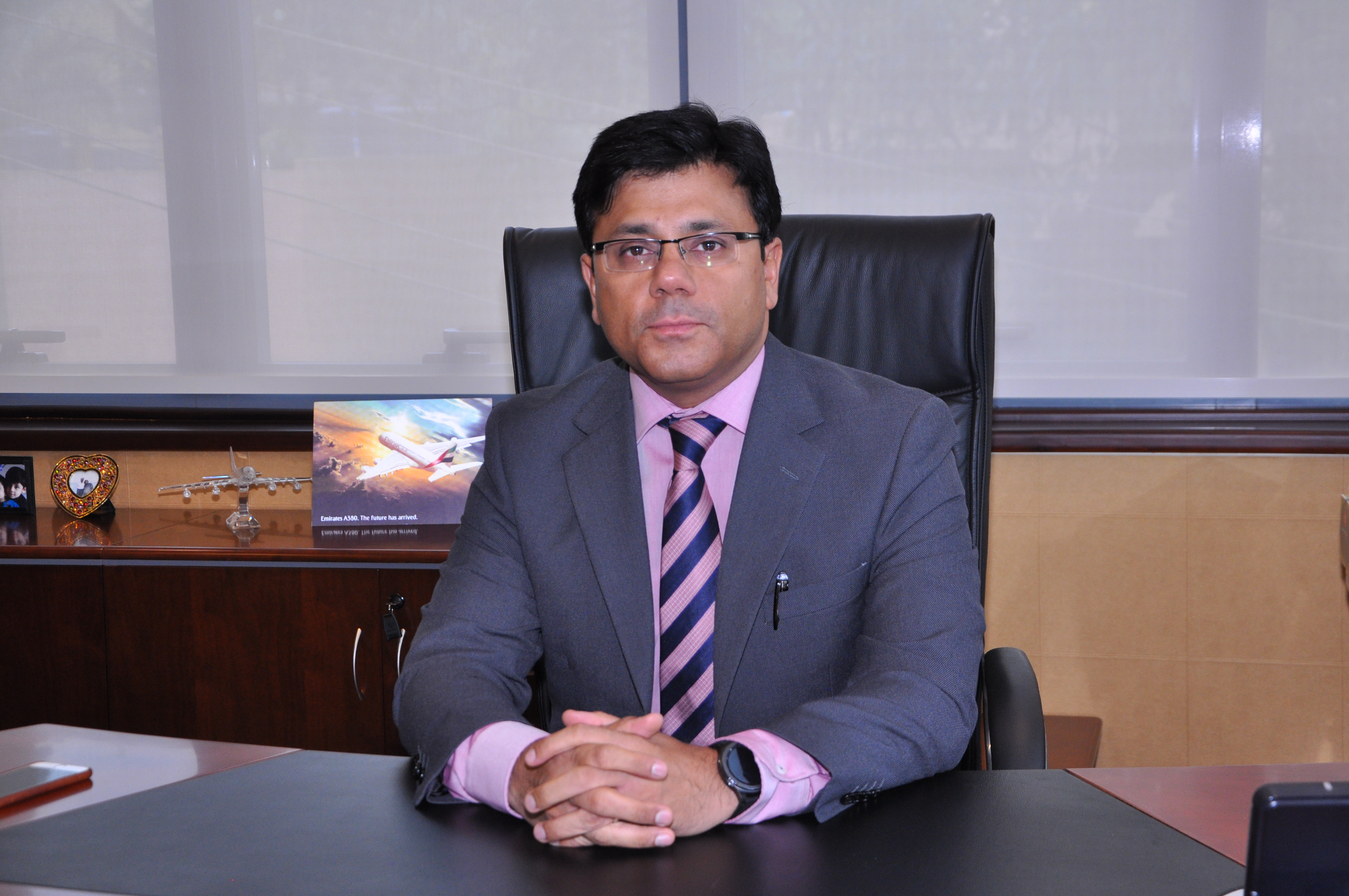Nika Hosseini learned many things after launching a project to develop a lifesaving water purification system for an African village almost three years ago. But, as water flowed there for the first time this month, her single biggest lesson is that one person can make a difference.
“People say ‘I’m just one person. What can I do?’” she said in a recent interview. But after overseeing design and construction of the system now producing clean water for a Ugandan village, the 23-year-old University of Florida law school student has learned “exactly what one person can do if they truly, truly care.”
Hosseini’s odyssey began when she attended a lecture on the need for fresh water in Africa while a student at Spruce Creek High School. She came up with the idea while an undergraduate at the University of Miami. She visited Uganda with her mother in December, and the project finally came to fruition in January when the first photos of villagers holding bottles of crystal clear water were posted to Hosseini’s Facebook page.
Hosseini, daughter of Mori and Forough Hosseini of Daytona Beach, started the project in 2015, working with an Orlando-based international non profit, IDEAS for US. She received a grant for seed money from the Clinton Foundation.
Working through Ideas For US, they found a group of villages seeking help to get clean water. The only water available to the villagers, many of whom are children, was an “incredibly dirty river,” three miles away, Hosseini said. “That water is filled with bacteria that causes cholera.” To get the water, women and children had to tote it from the river back to the village.
“I wanted it to be clean water, accessible water and reliable water,” Hosseini said. “I didn’t want to do the project unless I could complete all three of those points.”
Ultimately, she was able to partner with two people in Uganda, Adidass Masereka and Isaac Sinamakosa. They added two engineers, David Romeo in Daytona Beach and David Bwambale in Uganda.
The project grew in scope and became a water plant to serve three smaller villages that make up “one very large village,” Kiburara, home to nearly 6,000 people.
But undertaking a project on the other side of the world was slow-going. Hosseini worked through a foundation she created to raise $60,000, and the group labored to come up with a workable design and plan.
“Every time we were close to figuring out the perfect water system and the perfect logistics, something would happen and we would go two steps back and I would have to re-evaluate,” she said.
Back in the states, Hosseini struggled to manage her time between trying to read and study for her law classes at UF and continue working with her African partners on the water project.
Late last year, they began pleading with her in their Facebook Messenger conversations to see if the project could be hurried along.
“They said ‘The dry season is coming but we don’t have water,’” she said.
Romeo, an engineer with Miller-Leaman Inc. in Daytona Beach, researched and found the ideal water purification system to meet the village needs. Romeo designed and manufactured the system. Then it was tested and prepared for shipment to Uganda.
“I give Nika all the credit in the world,” Romeo said this week. “It was an extremely challenging project and she made it happen.”
Not wanting to leave anything to chance, Hosseini decided she and her mother would travel to Uganda over Christmas break to oversee the water system’s installation. She and her partners would finally meet in person and then they would meet with the Uganda engineer who would set up the system.
After arriving in Uganda, Hosseini said she was “filled with excitement” as she sat at a table in her hotel lobby waiting to meet her partners. After years of messaging it felt “so surreal,” she said. “Just being in that country and knowing what I was there for.”
And, when they arrived? “It was just the best feeling in the world to be standing in front of them,” she said.
From there, a series of amazing experiences unfolded.
They drove to the village. They met with the village elders. They toured the village to see the trenches the villagers had dug for the distribution pipes. They saw the stands and house assembled for the solar panels that provided energy for the system, on land that had been donated by a local leader.
“It was a huge effort by this entire village,” Hosseini said. “The people in Uganda are incredible. They’re so thankful.”
For many years the people of Kiburara “have been longing for clean and safe drinking water and had never got any assistance,” wrote Isaac Sinamakosa in an email. Sinamakosa is a programs manager for IDEAS Uganda and has family in the village. “People are extremely happy.”
A couple of issues remain with the water system, chiefly trying to improve the water pressure to send enough water to the middle of the village. They plan to do that by raising tanks higher up off the ground. Hosseini said those improvements are expected shortly.
The new water system is “historic” for the village, said Hosseini’s partner, Massereka. Flowing fresh water will solve “very many problems like waterborne disease, rape and defilement, because children were raped while going to the river in dark corners.
When Hosseini started the project, she had no idea of “the sheer magnitude” the project would reach. “In my head, it seemed small.”
At one point during the project, someone suggested she “just send money,” but that wasn’t the goal she had set for herself.
“I could not bear to do all this work without going to meet that village, the children of the village and the elders, who actually blessed me while I was there,” she said. “I love these people.”
On Dec. 26, IDEAS for Uganda posted this on their Facebook page:
“Nika Hosseini’s first expedition to Uganda leaves the Ugandan community overwhelmed and excited by the efforts she has rendered to Kiburara community in western Uganda.”
The community had suffered deaths from rampant waterborne diseases, such as cholera and dysentery, the post stated. “The water purification plant is going to benefit people of all generations by extending clean piped water that will be accessed at designated water access points in the different villages.”
And then, in January, Hosseini received the best message of all: Long-awaited photos of a villager, holding a bottle of clean water.




